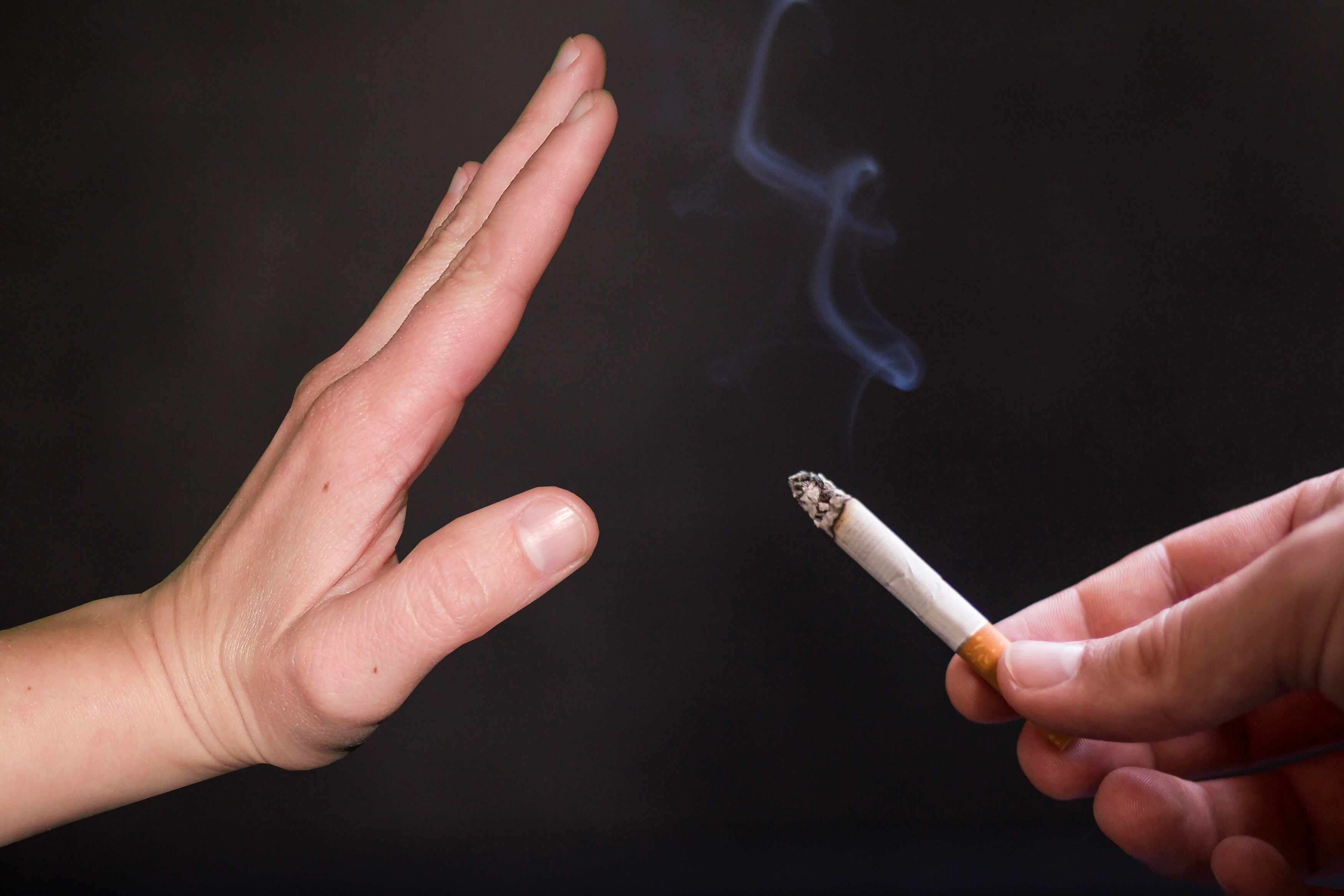Busting fatal myths
Tobacco consumers find solace in a range of misbeliefs justifying their lethal addiction, which need to, and can be done away with in favour of a healthy life

Flick the stick and kick the butt.
The recent controversy in the Indian advertisement world was surrounding a few giant superstars coming onboard to indirectly endorse a popular chewable tobacco brand. This was done through pseudo advertising of tobacco since our country doesn't allow direct selling & endorsing of such products.
Every year, on May 31, the WHO observes World No Tobacco Day — highlighting the health risks associated with tobacco use and advocating for policies to reduce tobacco consumption.
In 2019, the tobacco industry was globally valued at USD 183.1 billion. Some studies state that nearly nine out of 10 adults who smoke cigarettes daily first try smoking by the age of 18, and 99 per cent first try smoking by the age of 26. A 2011 study among Indians noted that the mean age of initiation of tobacco use has been found to vary from 8 to 15 years.
In case you have ever wondered, which is worse, then here are some comparisons.
Is chewable tobacco less harmful than non-chewable?
Tobacco (active compound nicotine) is dangerous no matter how you're exposed. Chewing tobacco and other smokeless tobacco products are often promoted as a safer alternative to cigarettes because they aren't linked to lung cancer, but are as dangerous. These products have some of the same risks as cigarettes, for example: leukoplakia, mouth, tongue, cheek cancer etc.
Is it better to choose hand-rolled cigarettes over pre-packaged ones?
Most of the chemicals found in pre-packaged cigarettes are also found in hand-rolled cigarettes. These chemicals are toxic and many can cause cancer. So, the answer is that not smoking at all is a better choice.
Is it better if I am vaping than smoking cigarettes since it's just vapour and is not addictive?
A popular myth is that vaping is safe, with the presumption that it produces only water vapour. Research has shown that vaporisers produce an aerosol that contains many harmful chemicals directly linked to negative health effects such as lung damage. This is especially true when vaping liquids contain nicotine or when the liquid is heated to high temperatures.
Another myth that vaping cannot be habit-forming is now busted. There is now evidence that shows vaping can become an addiction for many users.
Are light cigarettes better than regular cigarettes?
Many smokers who switch from regular to 'mild' or 'light' brands begin to believe they are causing less damage due to lower levels of tar and nicotine. Unfortunately, many inhale smoke more deeply, or just smoke a greater number of cigarettes to get the same high. You are still damaging your body even with the light cigarettes, perhaps lowering by some tiny minuscule bit that barely matters.
Is using a hookah (hubbly bubbly) less harmful than cigarette smoking?
Data shows that waterpipe smokers themselves and those exposed to second-hand smoke are at the same kinds of risks as cigarette smoking, including heart and lung-related issues, cancer, and ill effects in pregnancy.
During a one-hour session of a water pipe, a person can inhale about 100–200 times the amount of smoke they would inhale from a single cigarette.
Does smoking calm people?
The commonest reason why people get hooked is the belief that it calms them, making smoking a sort of 'self-medication' to ease the feelings of stress. However, most research has shown that smoking actually increases anxiety and tension. The immediate sense of relaxation is due to nicotine making people believe this.
Will my body ever heal all the damage it has been through after I quit?
Everyone heals at their own pace and based on their other comorbidities and lifestyle factors. According to studies, within 24 hours, the nicotine level in the blood drops to zero, and within 1 to 12 months the coughing and shortness of breath decrease significantly. After about one to two years, there is a sharp drop in the risk of heart attacks. At about the 5-to-10-year mark, cancer rates of mouth and throat drop down by half; stroke risk decreases and so on.
How to stop using tobacco?
Here is a quick breakdown. If nothing works, seek professional help.
⁕ Ask yourself if you are ready to quit?
⁕ Ask yourself again and then set a quit date
⁕ Try to go cold turkey or a graded down approach
⁕ Chew gum to replace the nicotine
⁕ Find a nicotine patch
⁕ Medications
⁕ Exercise
⁕ Try, stumble, get up, try again, succeed
Send your questions to [email protected]



